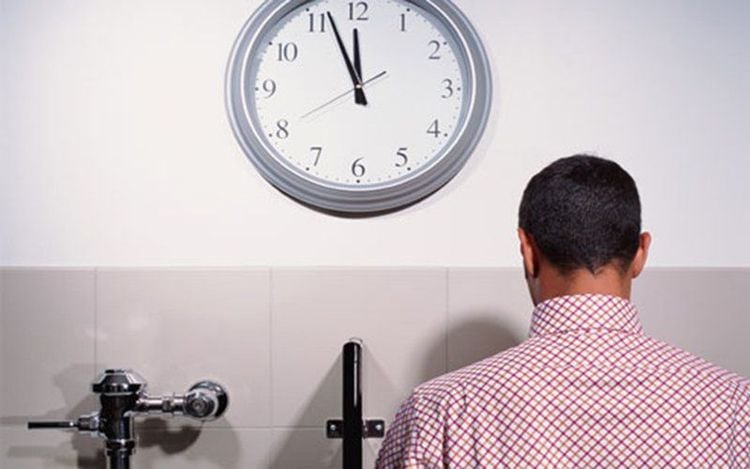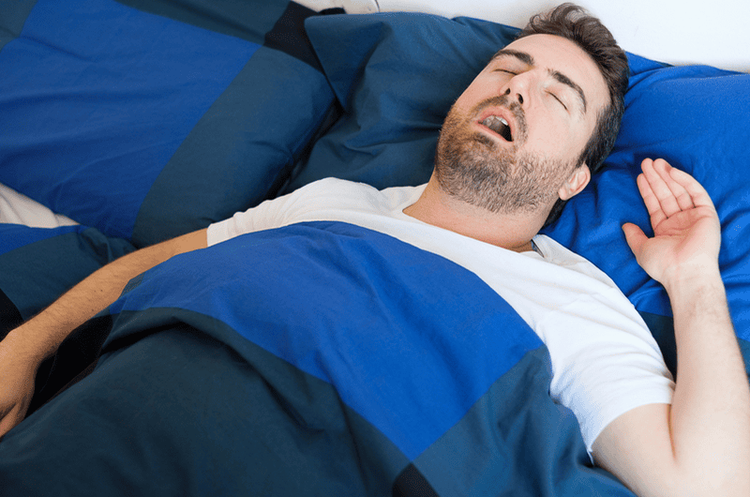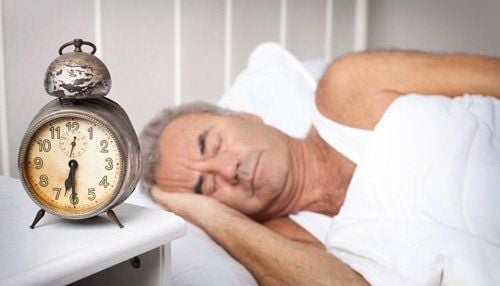This is an automatically translated article.
The article was professionally consulted by Specialist Doctor II Nguyen Quoc Viet - Department of Medical Examination & Internal Medicine - Vinmec Danang International General Hospital. The doctor has more than 20 years of experience in the examination and treatment of cardiovascular diseases and Interventional Cardiology.1. Heart failure causes sleep problems
According to experts, complications of heart failure can affect the sleep of people with heart failure as follows:Chest pain and discomfort make it difficult for the patient to relax to put the body to sleep. Lying in bed can make it difficult for someone with heart failure to breathe. You may have to wake up several times during the night to urinate. Due to congestive heart failure, it causes fluid retention in the body, leading to symptoms of shortness of breath when lying on the back, especially when sleeping.
In this case, doctors may prescribe diuretics to help your body get rid of that excess fluid. But these drugs do not stop working even when the person is asleep, but can cause the person to wake up 1 or 2 times during the night to go to the bathroom.

2. Sleep problems lead to heart failure
Obstructive sleep apnea is more common in overweight people, but anyone can get it. Tissue in the back of the throat relaxes and blocks a person's airway during sleep. When the person stops breathing, the brain signals the muscles in the throat to contract, allowing the airways to reopen. At the same time, the patient's brain also releases stress hormones during sleep apnea. It eventually leads to increased heart rate, increased blood pressure, and an increased chance of developing heart failure or making heart disease worse.Researchers have also found a strong link between problems getting people to sleep or staying asleep and the likelihood of heart failure. The reason for this is that insomnia triggers the body's stress response, leading to a decline in heart function over time.

3. How to have good sleep?
Stick to a fixed sleep schedule. You can go to bed at the same time and wake up at the same time every morning, even on weekends. Get enough natural light, especially early in the morning. Try a morning or afternoon walk. Exercise daily, but do not exercise within a few hours of bedtime. Avoid artificial light, especially in the hours before bed, by using a blue light filter on your computer or smartphone. Do not eat or drink within a few hours of bedtime, especially alcohol and foods high in fat or sugar. Keep the bedroom cool, dark, and quiet. Consult with your doctor to identify problems that interfere with a good night's sleep, such as medical problems. Because sleep has a great influence on heart health, it is very important to protect sleep for each person. Therefore, if you suffer from chronic insomnia or show signs of sleep disorders, you should see a doctor so that the doctor can offer the best treatment plan.Please dial HOTLINE for more information or register for an appointment HERE. Download MyVinmec app to make appointments faster and to manage your bookings easily.
Reference source: webmd.com













